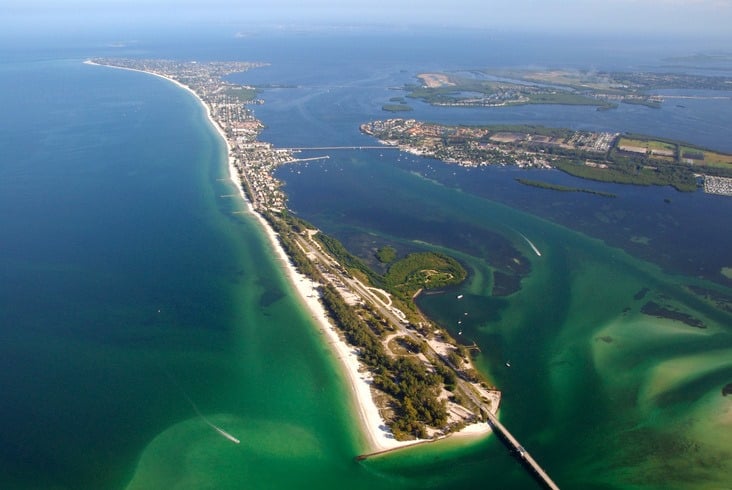As we get deeper into Lent our scripture readings cause us to think more clearly about the impending death of Jesus on the cross.
This Sunday’s gospel reading from John features Jesus speaking about his death. What is different in this reading is that Jesus does not speak directly of his death but uses almost poetic language. Jesus uses the analogy of a grain of wheat. He says: “unless a grain of wheat falls into the earth and dies it remains just a single grain; but if it dies it bears much fruit” When a seed is planted it dies in the earth, but that death produces a new plant which in turn produces more seed. Jesus tells his disciples that that his death will produce much fruit. In this case the fruit that is produced is more people of faith. Jesus knew that he had to die to satisfy the cost of the sins of humanity. However, he also knew that his death would produce more faith. The disciples did not understand the meaning of what Jesus said, but we are looking back on what Jesus said and what happened after are able to understand.
Pastor Bill

